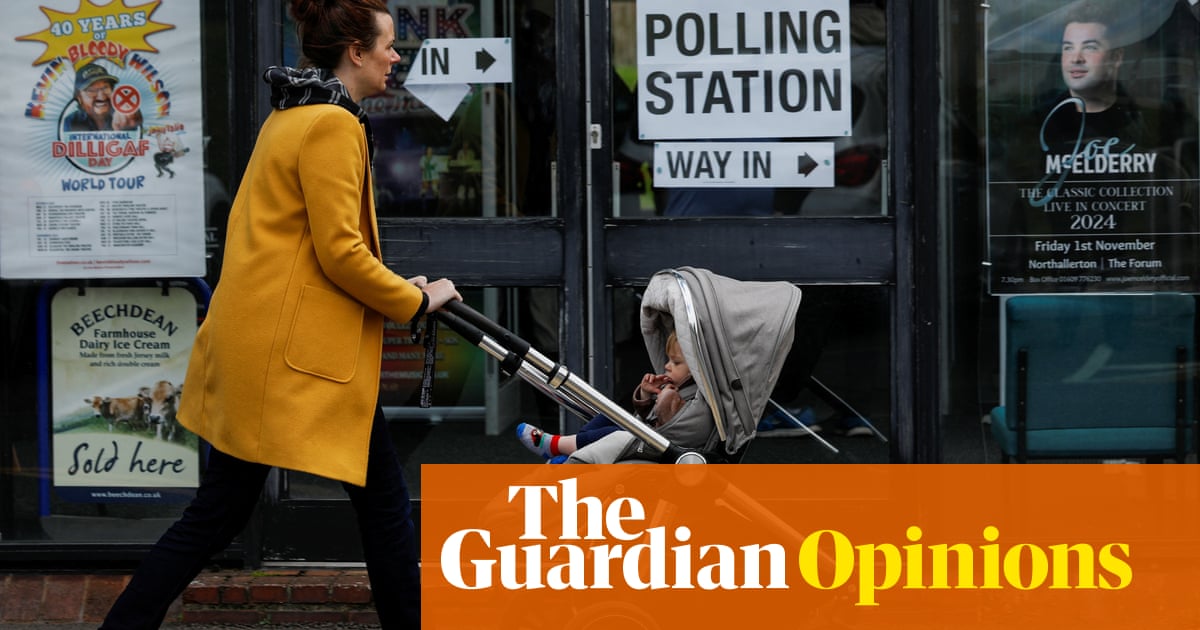
"In England and Wales, the fertility rate is currently 1.44, the lowest since records began in 1938, and well below the 2.1 level for a stable population."
"The rising population of the UK from fewer than 60 million at the turn of the millennium to 67.2 million by 2022 is projected to grow by another 5 million by 2032."
"Policymakers face a dilemma on whether to intervene in the declining fertility rates, with some arguing that a falling population might not be a disaster."
"Countries like Hungary, France, and Italy are instituting various incentives, such as tax allowances and interest-free loans, to encourage women to have more children."
The UK is experiencing demographic shifts with an aging population and declining fertility rates, currently at a record low of 1.44. Politicians express concerns about how fewer working-age individuals may affect support for an increasing number of pensioners. Although the UK population is growing, the fertility decline poses challenges for future population stability. Some leaders in Europe advocate for initiatives to boost birth rates through financial incentives, contrasting views on whether population decline should be regarded as a problem or a potential positive shift.
Read at www.theguardian.com
Unable to calculate read time
Collection
[
|
...
]